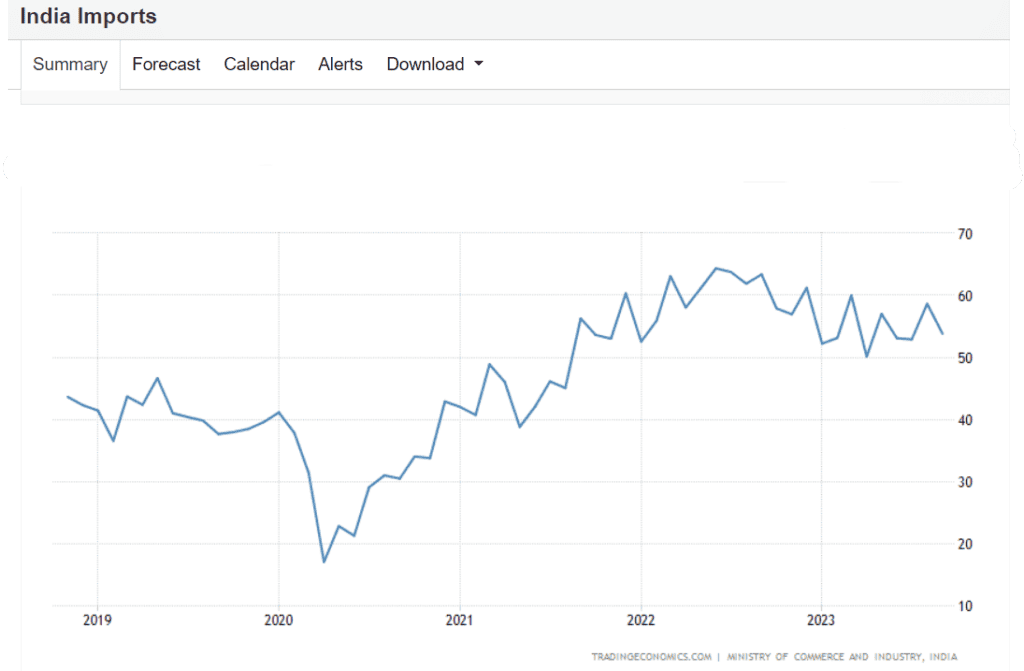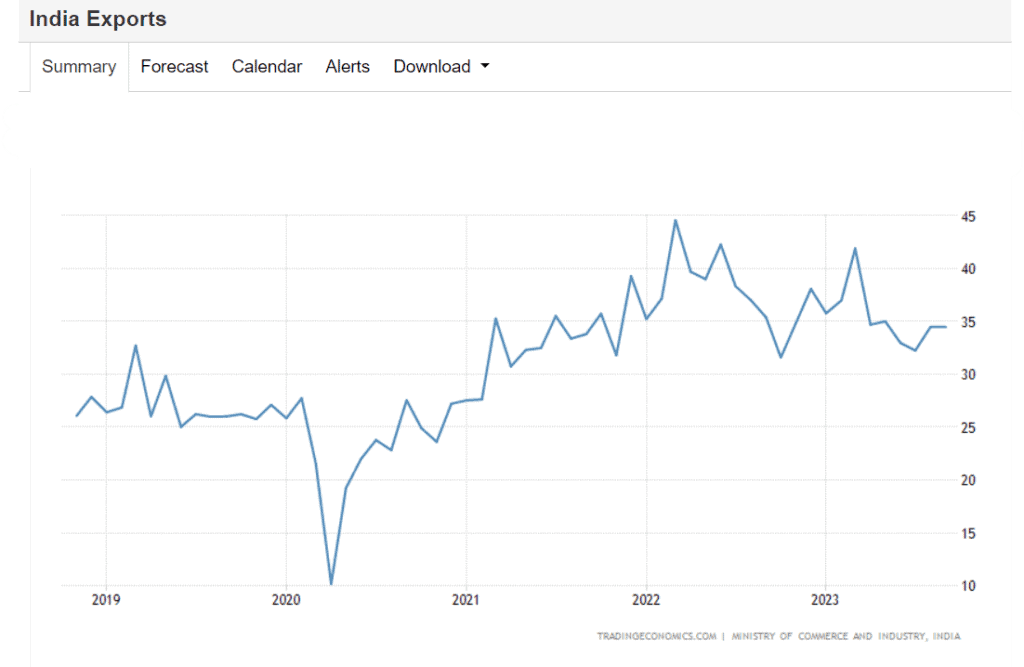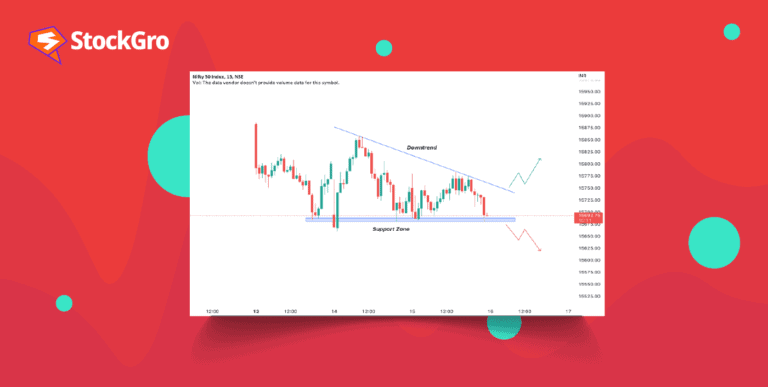
What is your opinion on unions? Do you think coming together is always beneficial?
Well, there is no denying the fact that there is power in togetherness. But, more is not always merrier because it comes with multiple challenges. Differences of opinion, disagreements and disputes are common.
While such disputes can break the relationship between two individuals, what do you think will be the impact of disagreements between two nations?
In today’s article, we will study the coming together of not two but 27 different nations in forming the European Union. We will also discuss Brexit thoroughly, its reasons and its economic impact.
What is Brexit?
Brexit’s full form: It is a wordplay between ‘Britain’ and ‘Exit’.
Brexit is a term that suggests the withdrawal of Britain/United Kingdom from the European Union.
Brexit date: 31 January 2020, 23:00 GMT
You may also like: The world of currency fluctuations: How does it impact your investments?
What is the European Union?
The European Union is the union of 27 countries in the European continent for economic and political reasons.
These countries are currently part of the European Union: Austria, Belgium, Bulgaria, Croatia, Republic of Cyprus, Czech Republic, Denmark, Estonia, Finland, France, Germany, Greece, Hungary, Ireland, Italy, Latvia, Lithuania, Luxembourg, Malta, Netherlands, Poland, Portugal, Romania, Slovakia, Slovenia, Spain and Sweden
The United Kingdom was part of the union before 2020. After Brexit, the UK and European Union are independent entities, and the European Union laws have no holding on the United Kingdom.
History of the European Union
Europe is a continent with 50 nations. More than 50% of them came together in 1993 to improve the economic and political integration between the countries through the European Union.
World War II, from 1939 to 1945, had a severe impact on Europe. Countries within the continent waged wars against each other. To reduce enmity and conflicts between the countries, European politicians decided to form unions to encourage interdependence and cooperation among the countries.
The coming together began in 1950 through the European Coal and Steel Community, with six countries joining hands to establish a common market in the coal and steel sector. The name was changed to European Community in 1957 and European Union in 1993.
To promote peace and stability, the EU introduced various policies like liberalising the rules of trade restrictions and immigration of people between countries in the European Union.
Reasons for Brexit
Though Brexit happened in 2020, the plan for Britain to exit the European Union began back in 2016. Voting was conducted among the citizens of the United Kingdom, and more than 50% of the population voted for the country to exit the union.
Some of the popularly known reasons for Brexit are:
- The United Kingdom wanted to regain its control and authority. Being part of the European Union meant abiding by the Union’s laws. This led to the UK government losing its authority over the nation’s functioning.
- Freedom of movement introduced by the European Union, was seen more as a bane than a boon by the United Kingdom as the number of immigrants increased and negatively affected the job market.
- The UK government had multiple disagreements with the decisions of the European Union.
Also read: How the G20 Summit impacts the world economy
Global impact of Brexit
Some impacts of Brexit on countries outside the European Union are:
- Countries relying on payments from the United Kingdom have had a negative impact due to the decreasing value of the pound post-Brexit.
- The European Union had agreements with various countries to follow liberal trade practices. With the UK’s Brexit decision, the trade restrictions have tightened again, affecting the imports and exports in the United Kingdom.
- The United States of America is the biggest trading partner with the United Kingdom. Hence, the adversities from the trade front are borne by the U.S.A. due to the UK’s exit from the EU.
- Due to liberal movement policies between the countries of the European Union, companies that were set up in the United Kingdom to reap the benefits of such liberal rules have suffered due to Brexit.
Brexit and the Indian economy
Positive impacts of Brexit on India:
- With residents and students of European Union countries moving out of the United Kingdom, the opportunities for Indians have expanded in universities and the job market in the UK.
- The diminishing worth of the pound is beneficial for India. India’s imports from the UK are greater than exports. So, the reduced value of the pound may result in reasonable import cost reduction for India.

- The United Kingdom is the sixth-largest economy in the world. Being among the top economies, the negative impact of Brexit on the UK can open more opportunities for India in terms of FDI and other global deals.
- Brexit has expanded opportunities for trade between India and the UK. Enhanced Trade Partnerships (ETPs) between the two countries have begun with financial companies in the United Kingdom opening their operations in India, mainly in GIFT City (Gujarat International Finance Tech City).
Negative implications of Brexit on India:
- India is one of the key contributors to Foreign Direct Investment in the United Kingdom. It is the second largest contributor with over 950 Indian companies in the UK. Indian companies might have invested in the UK to get access to all countries in the European Union, which is not possible anymore due to Brexit.
- The Broad-based Trade and Investment Agreement (BTIA) between India and the European Union to have a favourable trading environment began negotiations in 2007. Years of effort towards this might have been futile due to the UK coming out of the union since India will have to make separate agreements with the UK.
- Indian stock prices that have exposure to European markets would have suffered price fluctuations during Brexit.
- While the falling value of the pound is an advantage from the perspective of imports, it is a drawback to India from the export standpoint. Though lower than imports in value, the impact is still material.

Also read: Expanding BRICS: Will it achieve the original vision of global governance?
Bottomline
Brexit was an event in Europe that took place in January 2020, when Britain took an exit from the European Union.
While the United Kingdom did this to regain its authority on the national economy and control the number of immigrants, Brexit has added both positive and negative impacts on the global economy.
India too, has felt both positive and negative effects due to this, giving an additional responsibility to regulators like the RBI and SEBI to handle the effects of Brexit in a smooth manner.

